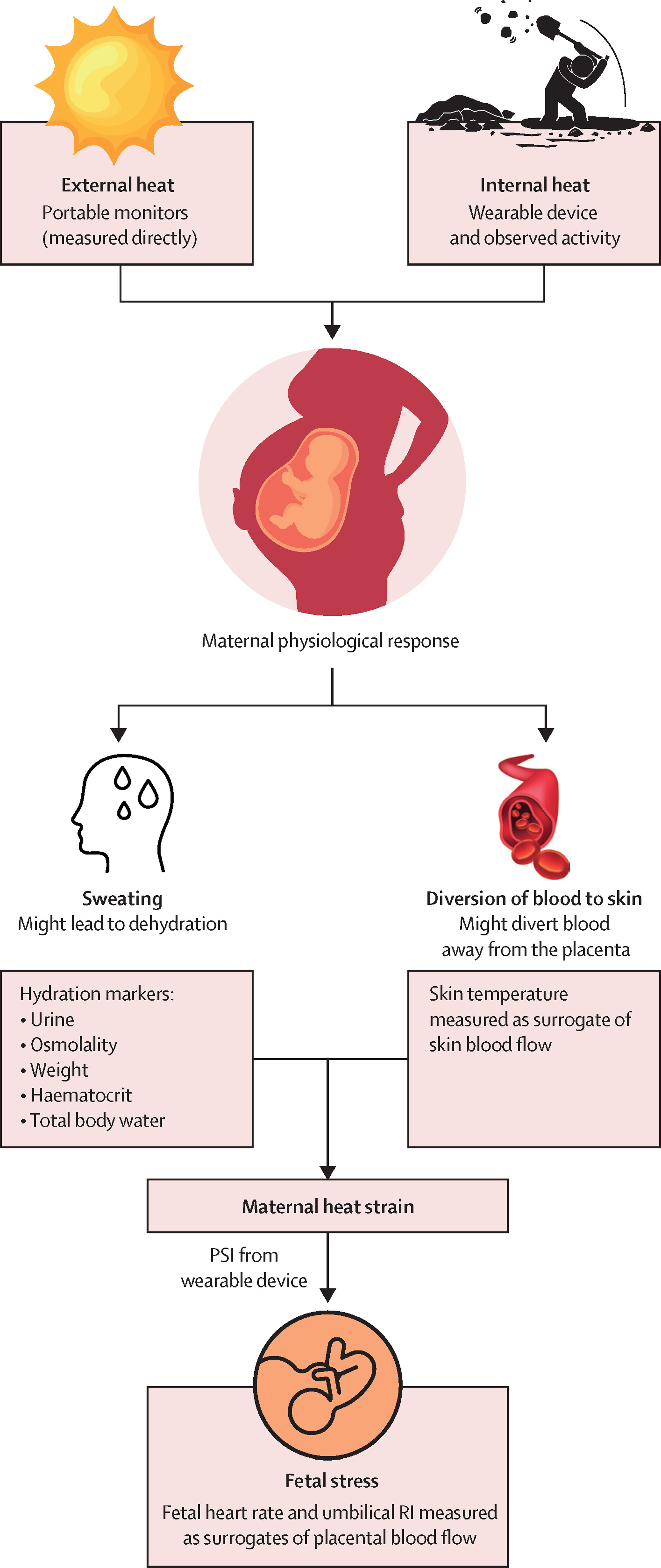This study investigated the survival and predictors of mortality among HIV/AIDS patients that started taking antiretroviral therapy.
This content aligns with Goal 3: Good Health by summarizing the current obstetric care in place, or lack thereof, in tropical regions. It recommends actions to create and improve quality, preventitive care where it is needed most and ultimately reduce maternal mortality rates in these regions.
This article supports SDGs 13, 15 and SDG 11 by exploring the utilization of soil microbe based desertification management practices and highlighting emerging technologies in the field. It discusses the policy implications and strategies that can support
This paper highlights the alarming rate of which levels of chemicals are being found in seawater.
This Review supports SDG 5 by describing a new framework and capacity development approach, the Public Leadership for Gender Equality (PL4GE), that promotes six key leadership practices for gender transformative change in public health.
This study attempts to investigate the suitability of the Wabe river water for Agricultural and Industrial purpose.
This Article supports SDG 3 by examining the potential impact of WHO's triple-intervention elimination strategy on cervical cancer incidence among women with HIV in South Africa. The authors note that cervical cancer elimination among women with HIV would necessitate more frequent screening (every 3 years).
This Article supports SDG 3 by highlighting findings from a population-level study of STI burden in Uganda, showing the need for global investment in innovative approaches that simultaneously test and treat HIV and STIs within existing health infrastructure, such as integrated HIV and STI service programmes within the President's Emergency Plan for AIDS Relief programme.
This Article supports SDGs 3, 5, and 13, focusing on the mechanisms for adverse outcomes caused by environmental heat stress in pregnant subsistence farmers.
Indigenous crops with diverse genotypes facilitate cultivation of crops that are ideally suited to particular sites by small-scale farmers, thus staving off poverty and hunger in local communities while promoting responsible consumption and production. This paper evaluates grain yield and nutritional qualities of a range of genotypes in an African crop plant.

